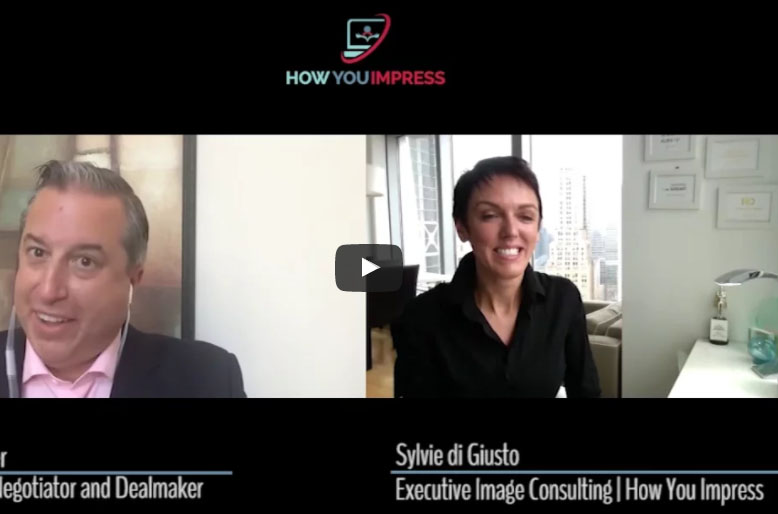You were able to use Clarity and Sakichi Toyada’s “5 Whys” to get down to the core reason of why you want a raise. That’s a huge step and one that is completely necessary to being an Authentic Negotiator who can expect success at the negotiation table. Unfortunately, there are no guarantees and we need to be prepared to walk away.
With that comes more necessary internal work with Clarity. Being crystal clear on your main objective is an essential guide, but before you enter into your salary negotiation, you need to be clear on all of your possible alternatives and what trade-offs you’re willing to make.
In the second part of our chat, Sylvie di Giusto and I unpack how to approach these alternatives and what they can mean to a successful negotiation: Keys to Successfully Negotiating a Raise Pt. 2.
First, and most basic, have a range that you’re comfortable with. Don’t lock into that $10,000 number you have in mind. It’s okay to accept incremental change now if it means you can strengthen your relationship with your employer and gain the raise you really want further down the road but next time from a higher starting point. This is almost implicit with any salary negotiation, but it’s not enough to have an idea. There should be a number below which is a non-starter.
What about other alternatives? Would you accept more PTO in exchange for less money? Could you negotiate a four-day workweek to give you more time to work on a side project and supplement your income that way? You need to know what other options could be on the table and which of them you are willing to accept. If you enter into a negotiation without these outcomes in mind, you’re setting yourself up to start flailing as soon as your primary objective seems compromised.
There’s a concept I often recall from a book by Bruce Patton, Roger Fisher, and William Ury titled Getting to YES. The concept is called BATNA or Best Alternative to a Negotiated Agreement. It outlines in finer detail what I’ve described here. Knowing your BATNA or accepting your BATNA isn’t a point of weakness. To an Authentic Negotiator, your BATNA is leverage.
A fact of negotiations is that they can fail, and you need to be prepared to walk away. I talk a lot about Detachment, the “D” of my CDE philosophy. When you have a Best Alternative to turn to if your deal turns sour, you can remain detached from the outcome and not risk compromising your objectives. Accepting a result that isn’t aligned with what you’ve established as your bottom line—whether it’s the floor of your salary ask or the four-day workweek—should never be the end result of your negotiation.
If you have an attractive BATNA, your supervisor knows that they aren’t your only option and that there are things that you won’t, and don’t have to, accept. The key is that your BATNA should be comparable to what you’re asking for and what your employer can offer. If it’s obviously less, you lose leverage, and exposing it can compromise your position. Doing this work and defining your BATNA will help you improve the terms of your employment and fulfill the “why” you worked so hard to unearth. That’s a successful negotiation. If you cannot achieve that, your BATNA might be to find another job or start your own business but, if you would prefer to stay with your employer, doing the work I recommend will give you the best chance of doing so and achieving your negotiating objective at the same time.
Discussing money and raises can be a sensitive subject from both sides, and when talking about your life and livelihood, emotions can run high. The good news is that we can take the sensitivity and emotion out of the equation. My Authentic Negotiating philosophy and tools can be learned, and with the right practice and training, anyone can become an Authentic Negotiator. First, you’ll need Clarity about your negotiating strengths and weaknesses. My Authentic Negotiating Success Quiz can get you started.
—
Corey Kupfer is an expert strategist, negotiator and dealmaker. He has more than 35 years of professional deal-making and negotiating experience. Corey is a successful entrepreneur, attorney, consultant, author and professional speaker who is passionate about deal-driven growth. He is also the creator and host of the DealQuest Podcast.
If you want to find out how deal-ready you are, take the Deal- Ready Assessment today!

